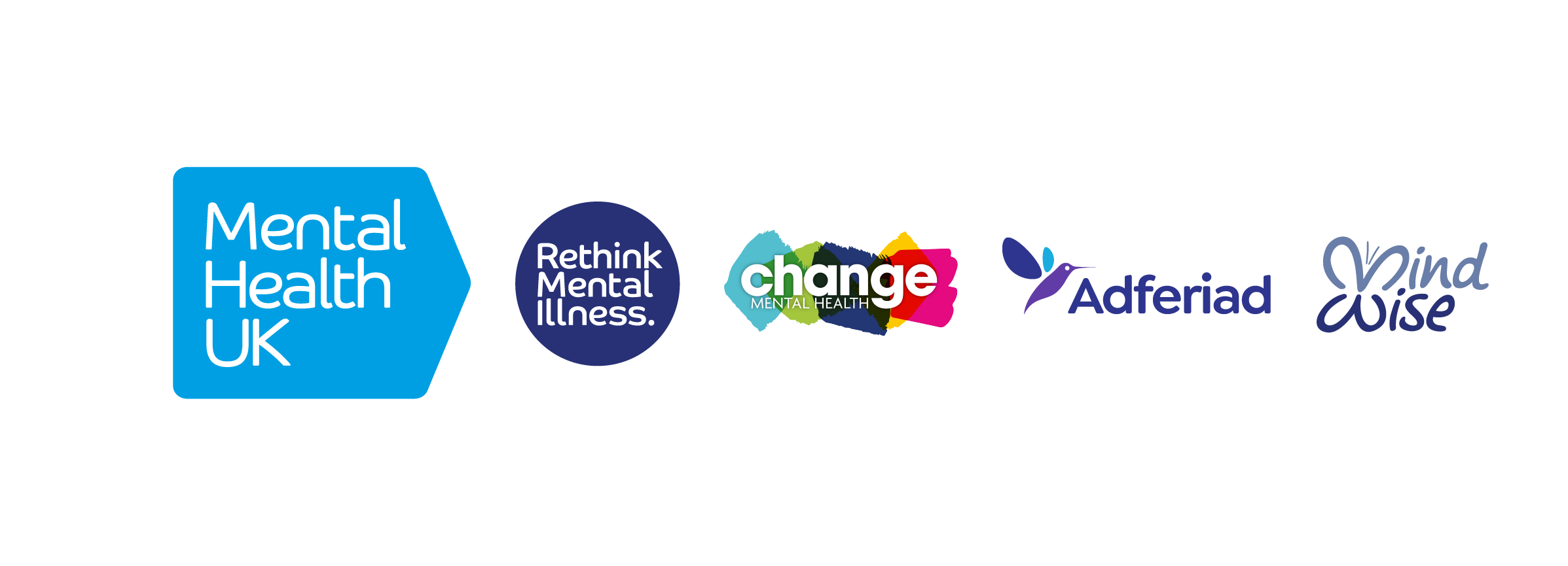- Home
- Mental Health Conditions
- Current: Post-Traumatic Stress Disorder
Do you need urgent help?
If you need to speak to someone right now, here are some confidential options which provide 24/7 support. If you're worried you might hurt yourself or someone else, please call 999, or go to your nearest A and E.
Childline
Helps anyone under 19 in the UK with any issue they’re going through. Childline is free, confidential and available any time, day or night.
0800 1111Samaritans
24 hours a day, 365 days a year. You don't have to be suicidal to call us
Post Traumatic Stress Disorder
This section explains what PTSD is, how you might feel if you’re experiencing PTSD, causes and treatment.
Quick Facts
- You may get post-traumatic stress disorder (PTSD) after a traumatic experience like a serious assault, road traffic accident or natural disaster.
- Symptoms include having traumatic memories or dreams, avoiding things that remind you of the event, not being able to sleep and feeling anxious. You may feel isolated and withdrawn.
- Many people have some symptoms of trauma after a traumatic event. But for most people these go away with time and do not develop into PTSD.
- If you have PTSD, your doctor should offer you therapy. They might suggest medication, but this is not a standard treatment.
About
What is post-traumatic stress disorder (PTSD)?
Post-traumatic stress disorder is an condition that you might get after a serious and frightening experience, including:
- a natural disaster like an earthquake or flood,
- war,
- terrorist attacks,
- serious accidents,
- seeing someone die, or
- violence against you.
The condition makes you re-live the event, which causes distress and difficulty in your day-to-day life. Your symptoms may become worse if you see, hear or smell something that reminds you of the trauma. Some people refer to this as a "flashback".
Symptoms & Types
Some of the symptoms are:
- having flashbacks, dreams or nightmares about the event,
- not being able to feel emotions,
- not feeling connected to other people,
- not enjoying activities you used to like,
- staying away from situations that remind you of the event,
- feeling on edge, being startled easily and always on the look out for threats, and
- having problems sleeping.
Symptoms can appear hours, days or even months after a traumatic event. For a lot of people, these symptoms become less severe as they come to terms with what has happened. When these symptoms do not go away, there is a possibility you might have PTSD.
If you experience a traumatic event, it is important to get support as soon as you can. Your doctor might not think you need treatment straight away. If you have mild symptoms and you see your doctor within 4 weeks of the trauma, they may ask you to wait a month to see how things go. This is called ‘watch and wait’.
There are different types of trauma disorders...
PTSD
PTSD usually develops in the first six months after trauma. In some people, symptoms may take years to develop. This is called ’delayed-onset PTSD’. This makes up less than 1 in 5 cases. There is no difference in the symptoms of PTSD and delayed-onset PTSD.
Complex PTSD
Complex PTSD is not the same as PTSD, and the treatment options are different.
Complex PTSD describes personality changes you experience after ongoing trauma, such as abuse. You may:
- find it hard to relate to other people,
- feel hopeless, and
- have difficulty trusting others.
There may be some overlap between complex PTSD and borderline personality disorder (BPD).
People with complex PTSD may benefit from treatments that work for people with BPD.
Causes & Impact
PTSD is caused by traumatic experiences, like the following.
- Violence against you
- Childhood abuse, including physical abuse and sexual abuse
- A car accident
- Military combat or being in a war zone
- A natural disaster like an earthquake or fires
- Terrorism
- Seeing someone die
Not everyone who experiences these things develops PTSD. The risk of getting PTSD depends on how the experience affects you. PTSD is more likely if the traumatic event:
- is unexpected,
- goes on for a long time,
- involves being trapped,
- is caused by people,
- causes many deaths,
- causes mutilation, or
- involves children.
What risks are associated with PTSD?
Alcohol and drug use
You might use drugs or alcohol to help you forget problems, or to help you to sleep. But drugs and alcohol are likely to make your symptoms worse in the long-term. Make sure you get help as soon as you can to stop things getting worse.
Depression, anxiety and suicidal thoughts
PTSD may lead to depression, which can cause suicidal thoughts. There is a risk of getting other anxiety disorders like panic disorder or generalised anxiety.
Physical health issues
PTSD can give you physical symptoms such as dizziness and blurry vision during times of stress. In the long-term, people with PTSD may get physical illnesses such as heart disease, high blood pressure and obesity.
Treatment
There are several different treatment options that you may find helpful.
Trauma-focused cognitive behavioural therapy (CBT)
Cognitive behavioural therapy (CBT) helps you deal with your symptoms by making changes to how you think and act. The therapist may ask you to do activities or remember things that you find difficult to try to help you deal with your symptoms.
Stress management
This helps you to develop skills such as
- relaxation,
- assertiveness,
- positive self-talk, and
- stopping negative emotions.
Eye movement desensitisation and reprocessing (EMDR)
EMDR helps the symptoms of PTSD. You will make eye movements while thinking about the traumatic event. Therapists think that this works by making your brain deal with painful memories in a different way.
Medication
Medication is not helpful for most people with PTSD. But your doctor might offer you medication if:
- you find it hard to sleep,
- you have another mental illness or
- you would prefer to avoid therapy.
Read more about medication and therapy
I’m unhappy with my treatment
If you are not happy with your treatment you can:
- talk to your doctor about your treatment options,
- ask for a second opinion,
- get an advocate to help you speak to your doctor,
- contact the Patient and Client Council and see whether they can help, or
- make a complaint.
Support
If you are a carer, friend or relative of someone living with PTSD, you can get support. You could get in touch with carer support groups, such our Carer and Family Support Service. If you need advice about benefits and welfare, you can also contact our Mental Health and Money Advice Service.
For further support
- Wave Trauma Centre: Provide care and support for people affected by “the Troubles” in Northern Ireland
- Bridge of Hope: Bridge of Hope, a department of Ashton Community Trust, is a health & well-being service that supports individuals affected by the conflict and poor physical & emotional health.
- Lighthouse NI provide support to people in despair.
- Nexus NI provide support and counselling for people who have experienced sexual abuse.



